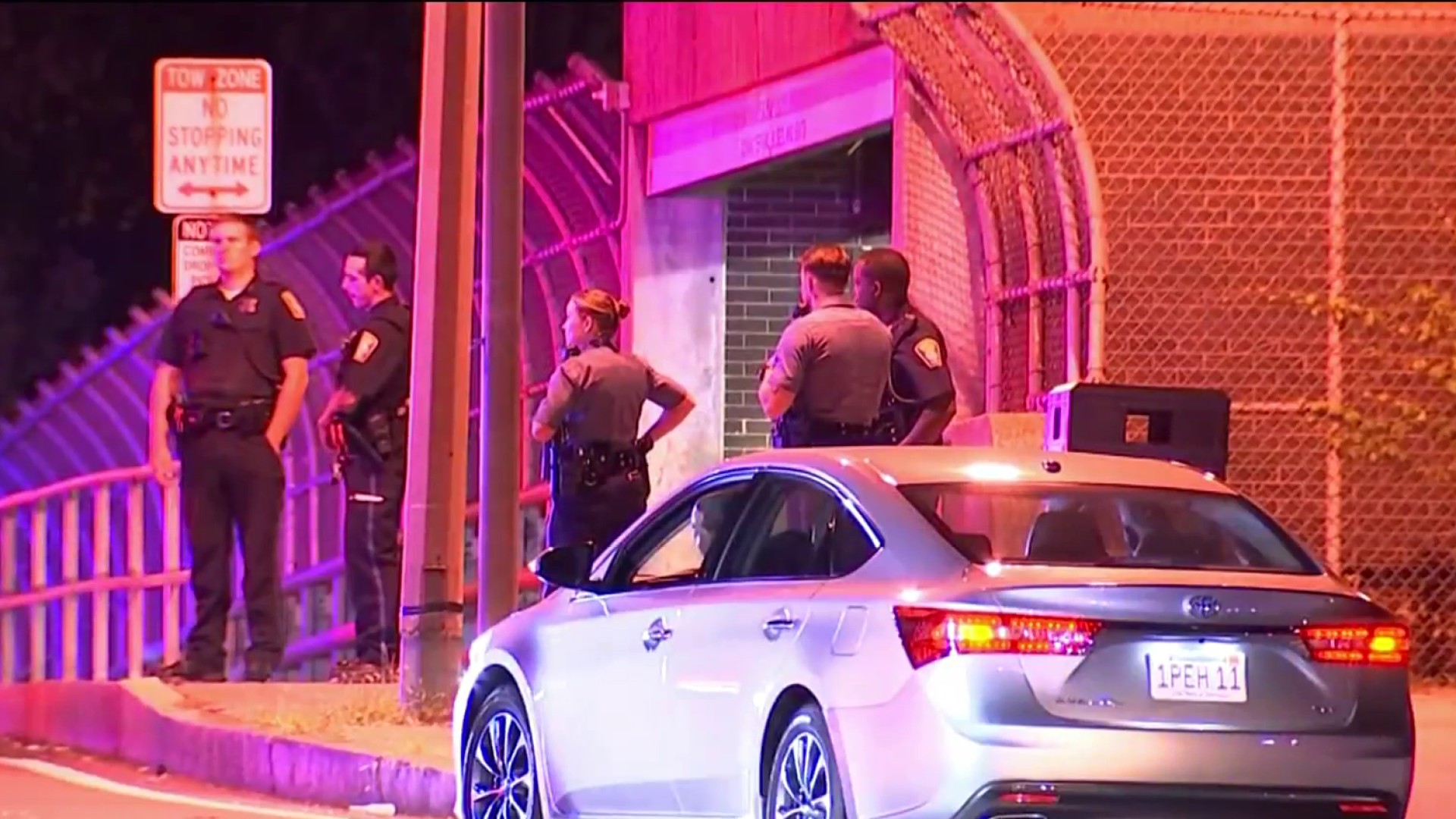Boston Mayor Michelle Wu said Thursday the city is moving ahead with plans to rebuild the bridge to Long Island, as well as the addiction recovery campus that was once there.
Wu, along with other officials and substance abuse treatment providers, held a virtual news conference on Thursday morning to make the announcement that the city is accelerating its work on the long-proposed bridge plan, which now just needs two more reviews.
WATCH ANYTIME FOR FREE
Stream NBC10 Boston news for free, 24/7, wherever you are. |
State authorities have issued a key permit, called a Chapter 91 license, for the plan, something that Wu has called that a "go sign" for the project.
"We are now taking this as a sign that the city will move ahead with the rebuilding of the Long Island Bridge," Mayor Wu said Thursday. "This is about people and opportunity for an island to unlock the pathways to recovery, stabilization, workforce development, community and so much more."
Get updates on what's happening in Boston to your inbox. Sign up for our News Headlines newsletter.
Wu said that the city already set aside $38 million to rehabilitate the existing buildings on the island, and an additional $81 million for rebuilding the bridge.
The total cost of the bridge is expected to surpass the $100 million-dollar mark, and an exact price on the rehabbing of the medical campus was not provided. The existing structures left over from the old bridge will be repurposed for the new construction.
The Long Island Bridge was shut down in 2014 by former Mayor Marty Walsh, after concerns were raised by the Massachusetts Department of Transportation about the infrastructure's condition. The island was home to an addiction recovery center, and the people getting treatment there had to be evacuated.
The plan to rebuild the bridge has been met with a lot of opposition, though. Residents of Quincy worry the project could increase traffic through the Squantum neighborhood, harm the local environment and impact quality of life.
Still, Wu hopes to have the 3,300-foot bridge reopened within four years.
The final two reviews facing the bridge project include a federal consistency review by the Massachusetts Office of Coastal Zone Management and a bridge permit from the United States Coast Guard.
The next step for the bridge itself is a request for proposal for a project management company, and then the city will bid on the construction. Designs are ready to go.
Construction on the facility itself is expected to begin in the spring of 2024, and last for 16 to 24 months. The goal is to have services ready by the time the bridge is done.
The announcement comes amid growing concern over the Mass. and Cass. section of Boston, where unhoused people congregate and drug use is rampant.
“We believe that the Long Island campus will be a first-of-its-kind resource that will provide a broad continuum of care and innovative programming for people living with substance use disorders and co-occurring mental health illness in Boston and throughout the Commonwealth,” Dr. Bisola Ojikutu, Commissioner of Public Health for the City of Boston and Executive Director of the Boston Public Health Commission, said in a news release. “We look forward to continuing to work with our partners and the community to plan and build a campus that will promote health, well-being and recovery for all whom it will eventually serve.”
City leaders have been meeting with providers to formulate a plan for services to be held on the island.



